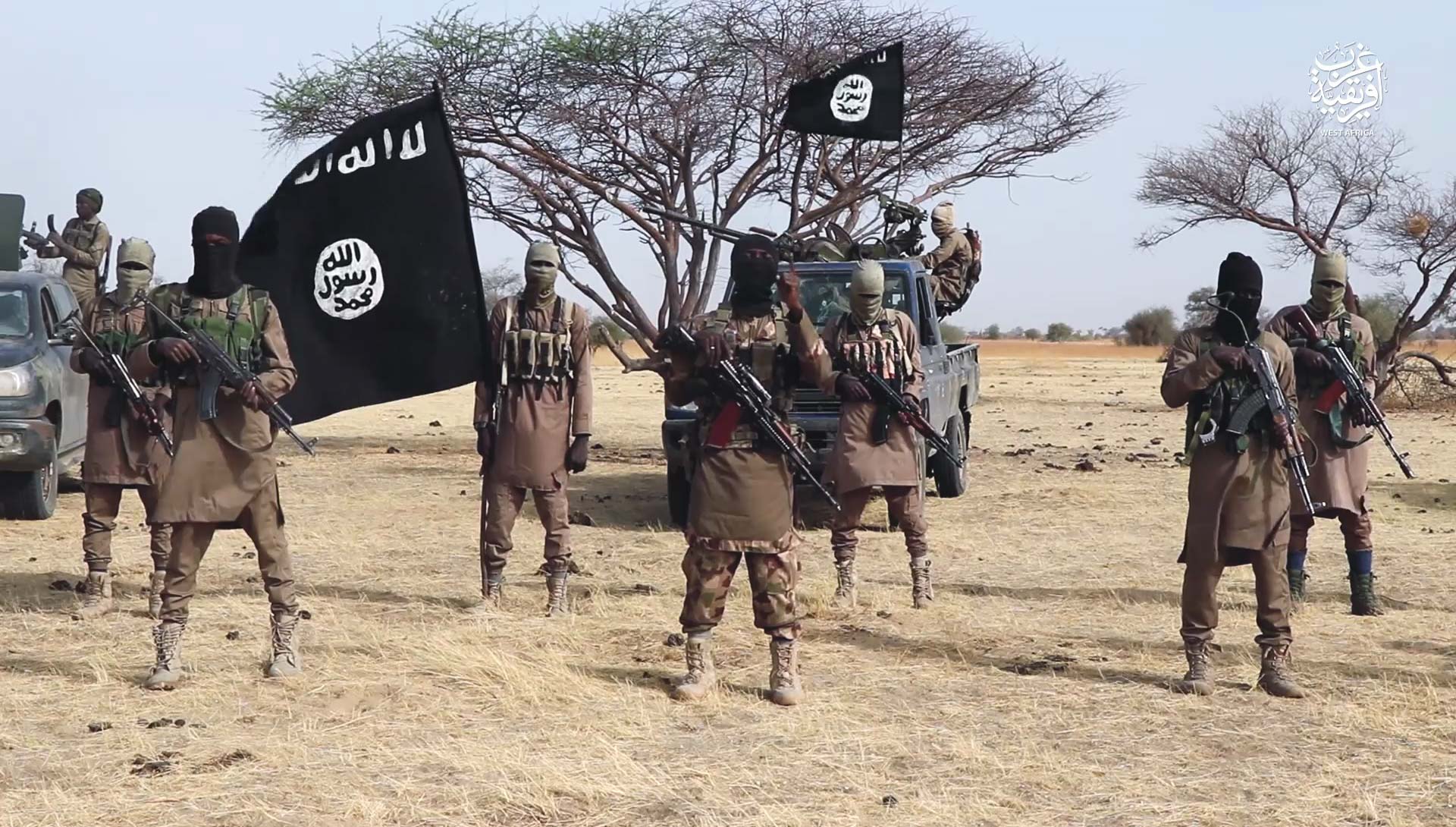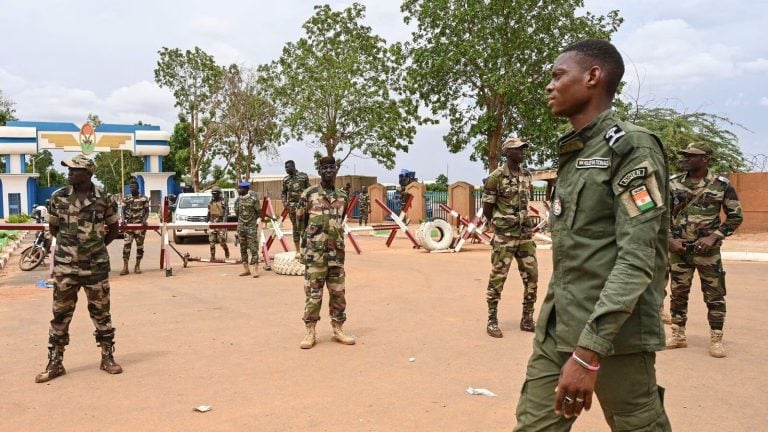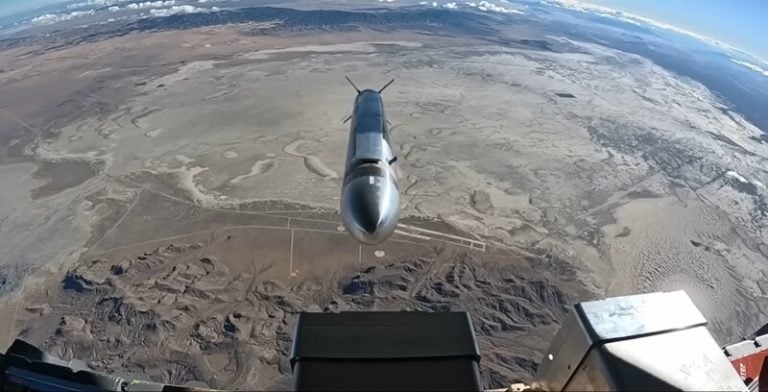Jihadists affiliated with the Islamic State group launched an attack on mourners in Kwaple village, located in northeastern Nigeria’s Borno state, resulting in the deaths of at least 15 individuals. Eyewitness accounts from community leaders and residents recounted that the attack occurred on Monday as people gathered to pay their respects to a deceased community leader.
The incident marks a troubling continuation of violence in the region, which has seen an uptick in attacks attributed to jihadist factions. Just last week, more than 50 lives were lost in similar assaults. Reports indicate that members of the Islamic State West Africa Province (ISWAP) arrived in the village on motorcycles, opening fire on those in attendance. Ayuba Alamson, a community leader from nearby Chibok, reported that the insurgents pursued fleeing mourners into the surrounding bush, complicating rescue efforts.
As of Tuesday morning, 15 bodies had been recovered, but concerns persist that the death toll could rise, as many villagers remain unaccounted for. In a statement disseminated by the SITE Intelligence Group, ISWAP claimed responsibility for the attack and suggested that the number of fatalities was even higher, asserting that they had killed 20 individuals and also carried out another assault leading to the death of a suspected Nigerian army informant.
Eyewitnesses reported images of destruction, including burning buildings, underscoring the brutality of the attack. Since its split from Boko Haram in 2016, ISWAP has fortified its position, having captured the Sambisa Forest in 2021. The group has increasingly targeted villages on the periphery of this area.
The infamous Chibok region gained international notoriety in 2014, when Boko Haram kidnapped over 200 schoolgirls from a local boarding school. Despite the presence of military forces in Chibok since that event, the area continues to be vulnerable to violent raids.
In related violence, Boko Haram militants killed 14 farmers in the Gwoza district, near the Cameroon border, highlighting the persistent threat posed by these groups. Borno state governor Babagana Umara Zulum recently informed military leadership that both Boko Haram and ISWAP were seen regrouping around critical points like Lake Chad islands, the Sambisa Forest, and the Mandara mountains, partly due to setbacks faced by security forces.
The ongoing 16-year conflict in northeastern Nigeria has resulted in the deaths of over 40,000 people and displaced approximately two million individuals, according to United Nations estimates. The conflict’s reach has extended into neighboring countries such as Niger, Chad, and Cameroon, prompting the formation of a regional military alliance aimed at countering the jihadist threat.







